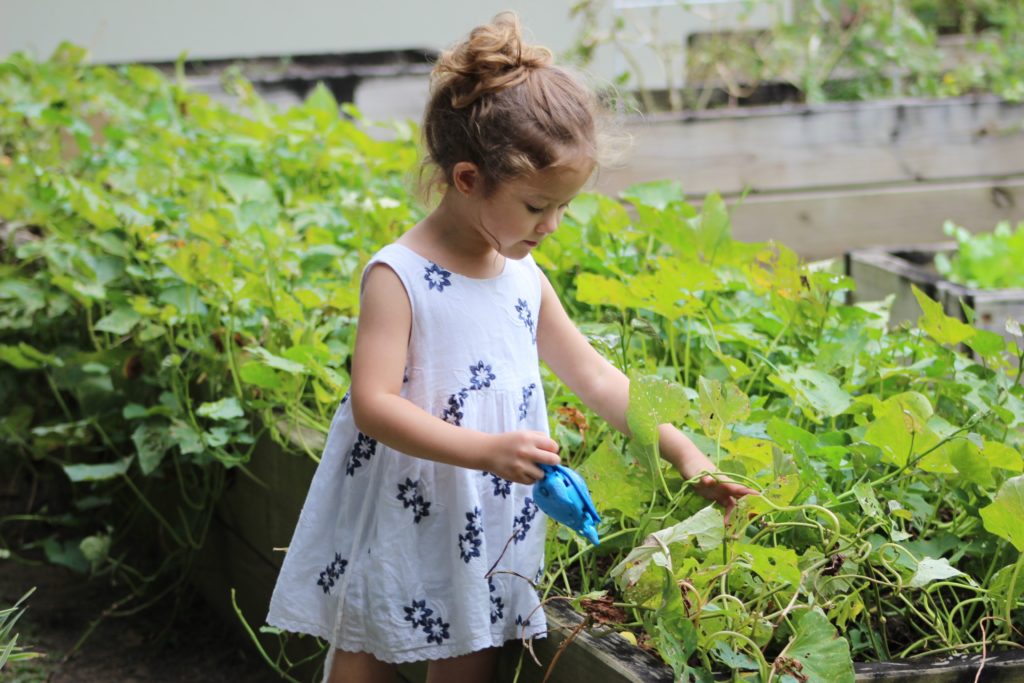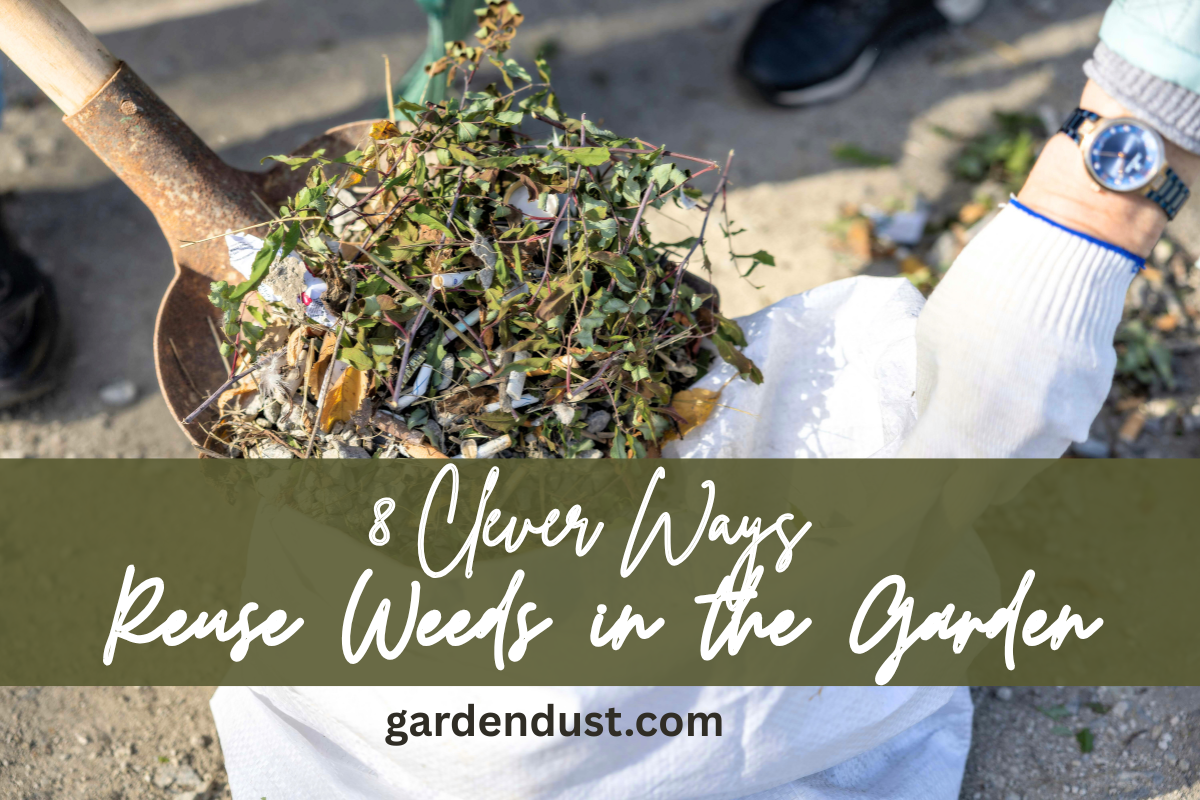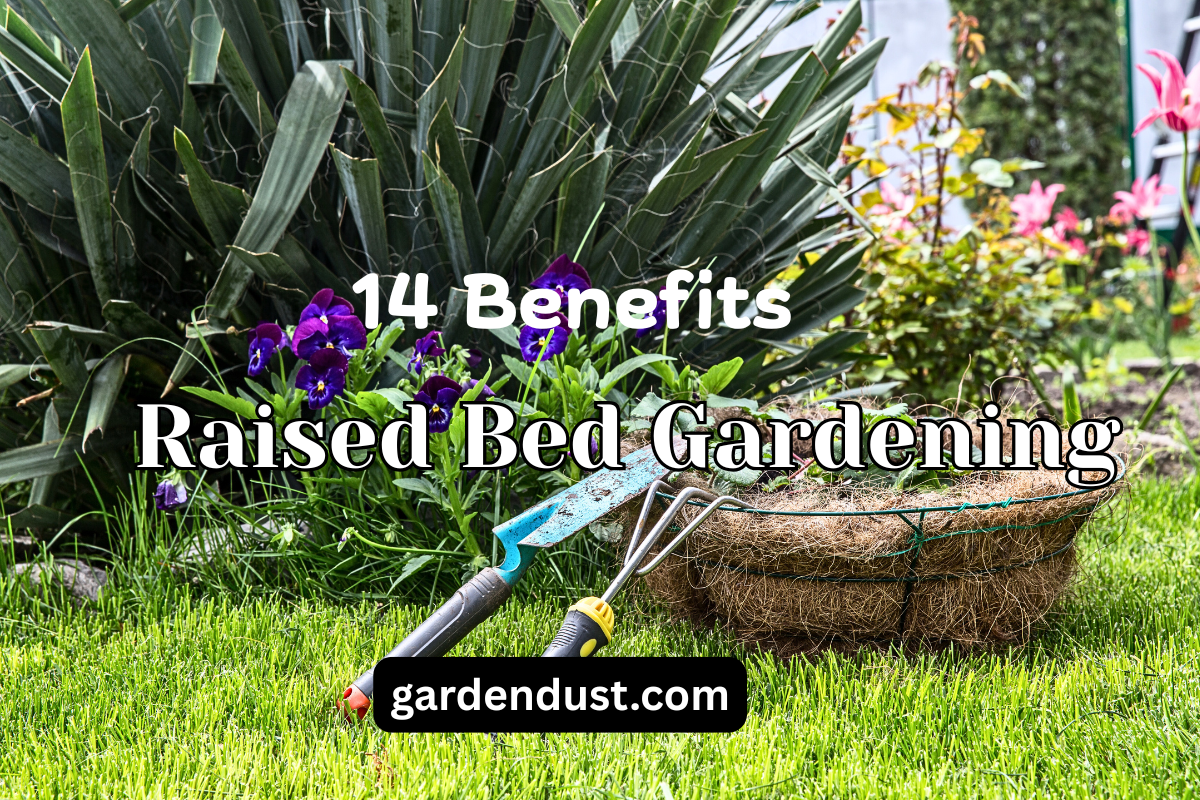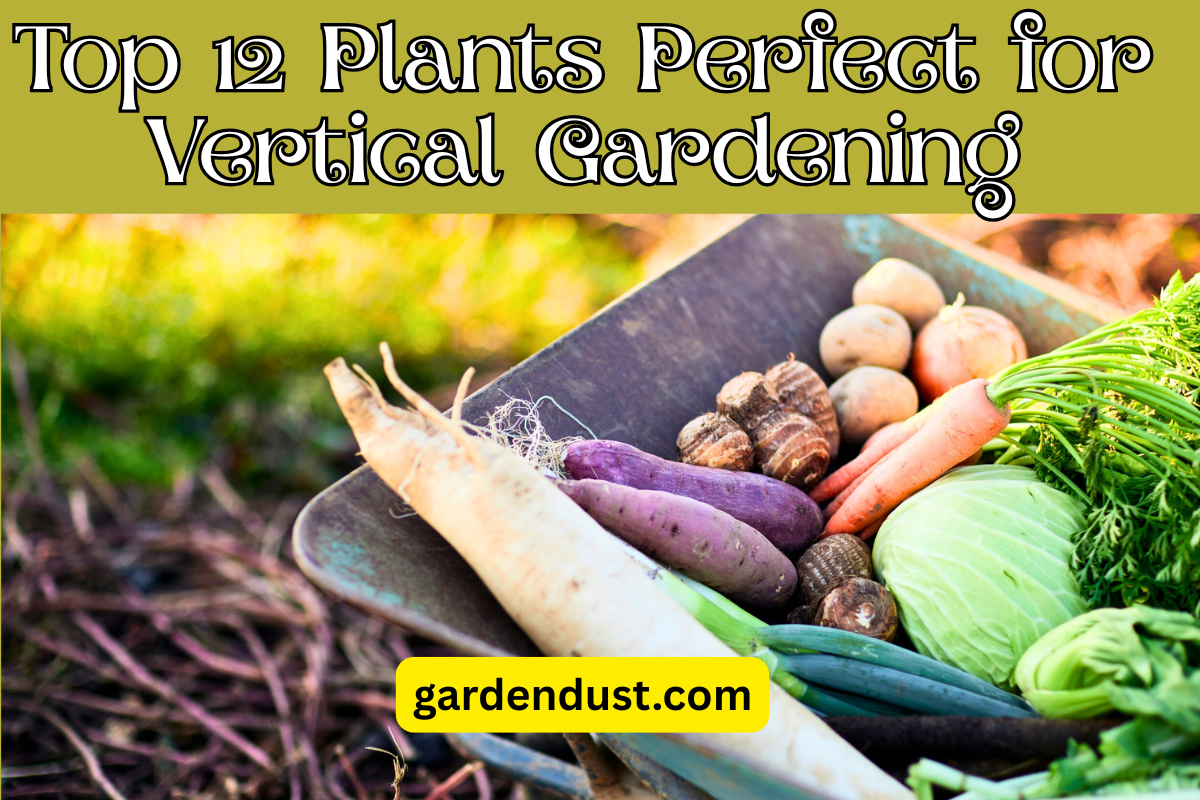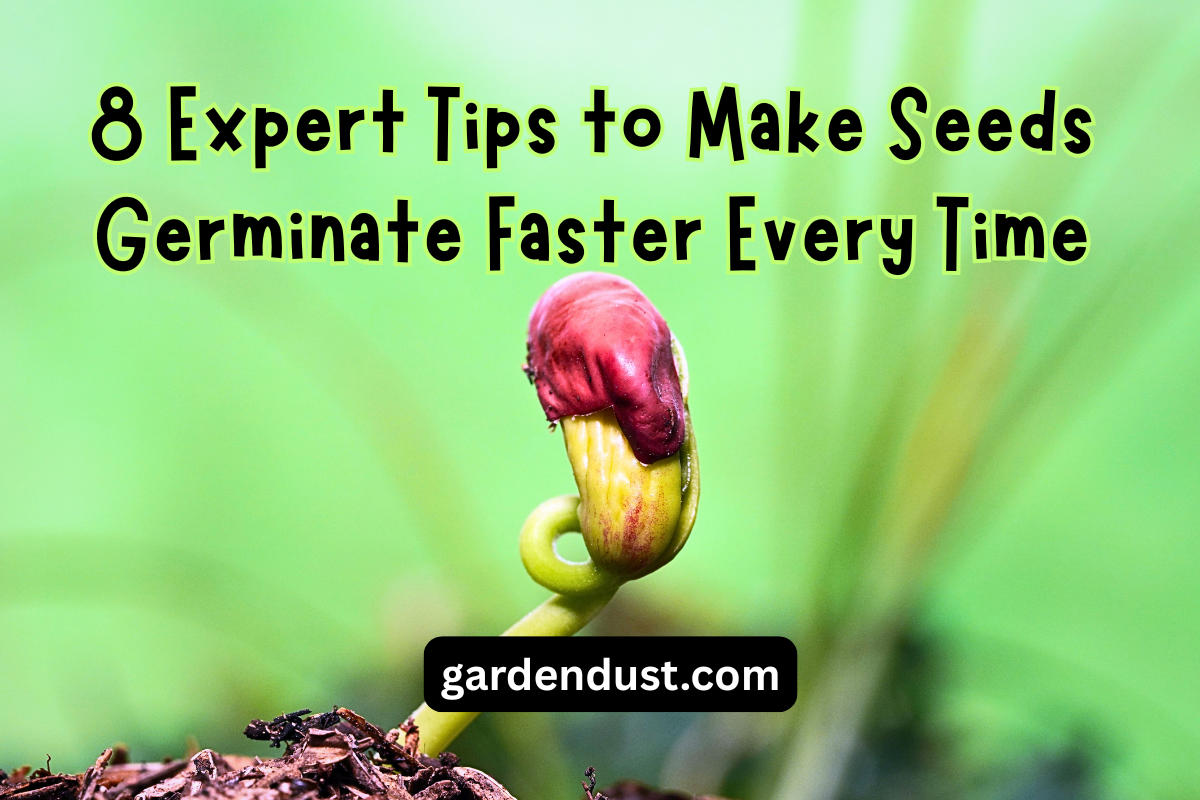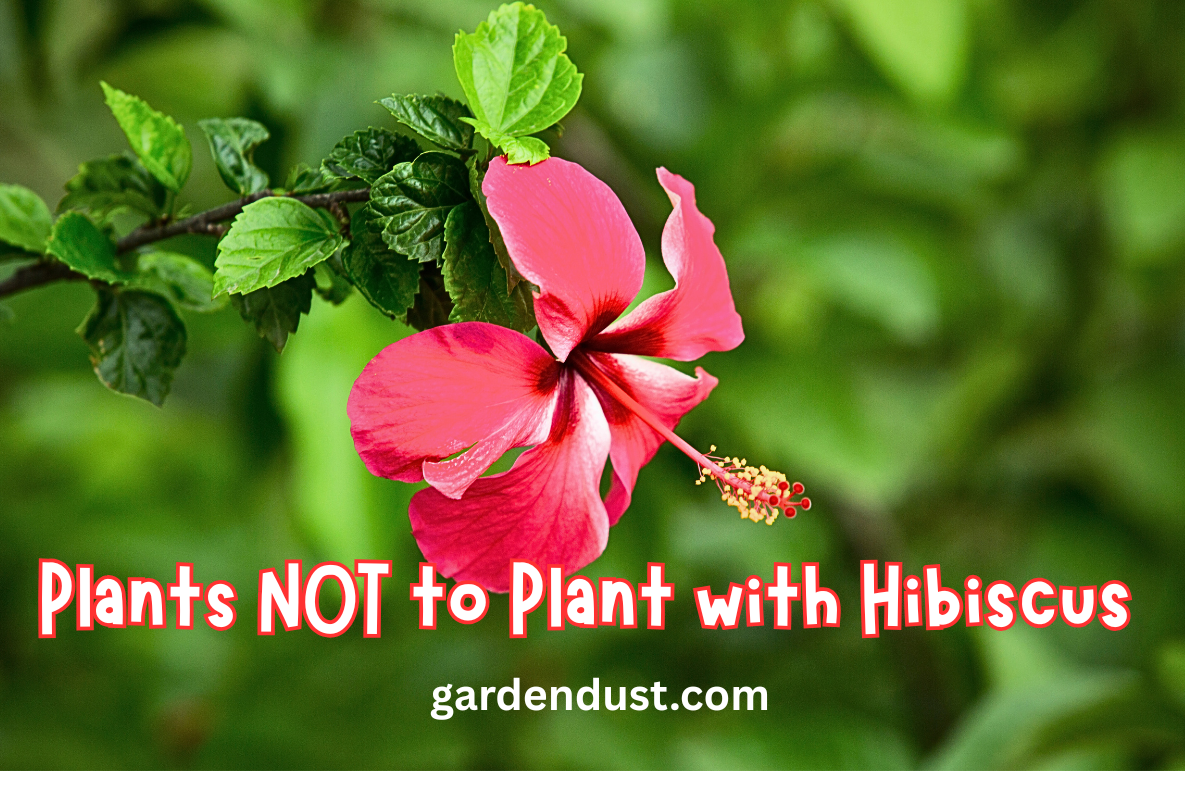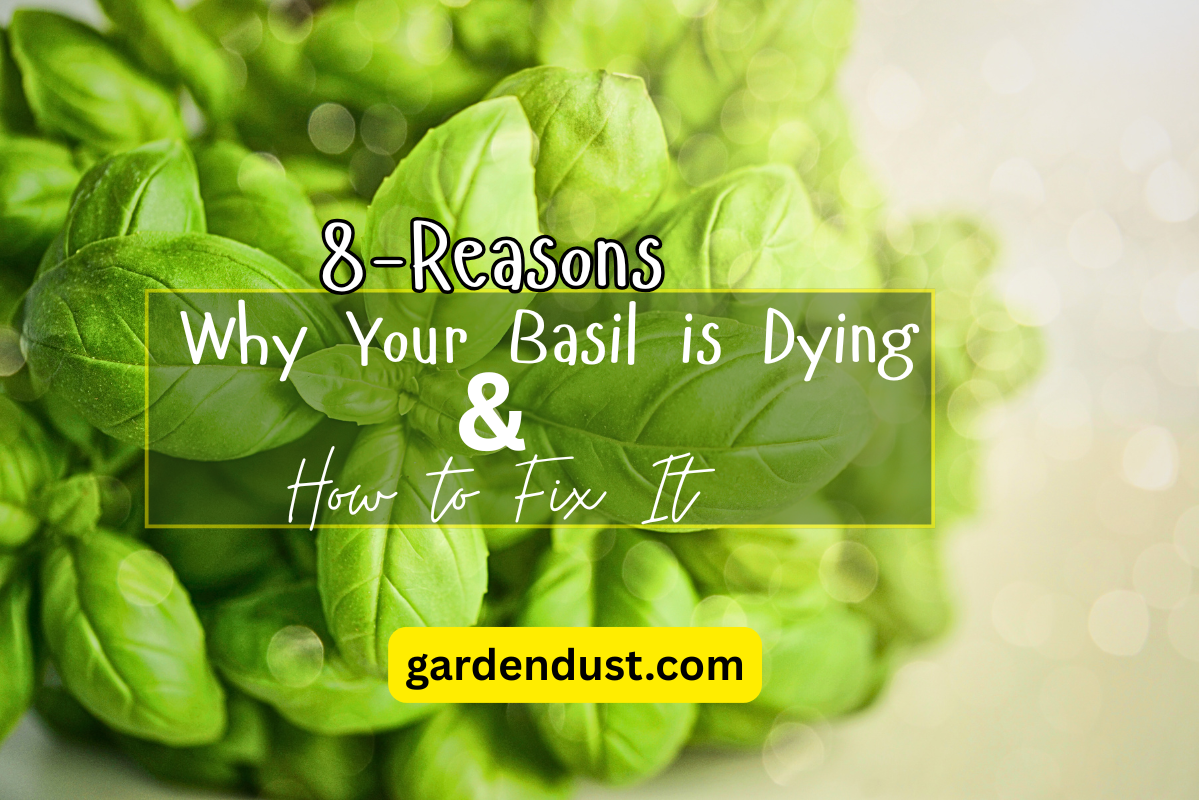One of the most important steps in a guide to organic gardening is taking the time to understand the basics. I’m going to lay out my 7 most important organic gardening tips for Beginners.
Organic gardening tips-
1. Location of Your Garden-
Your first step is to decide on the location of your garden. some cool weather plants will grow better in a partially shaded area, most crops need as much sunlight as possible. Ideally, crops that need sunlight will require a minimum of 6 hours of sunlight a day.
2. Water Source-
Ignoring the sunlight needs of the crops you plan can result in your organic garden being a failure. Many crops need a large amount of water on a regular basis and having a water source nearby to connect a house or sprinkler to is important.
3. Do not try to do too much at first-
Do not make the mistake that many beginners do. Do not try to do too much at first. One of the most basic initial steps of a guide to organic gardening is to start small. plant only one or two crops in the beginning.
It is tempting to get carried away when there is a large area to use as your organic garden but keep in mind that the larger the area, the more potential problems for a beginner.
4. Prepare your gardening plot-
The ideal time being is in the autumn. If you are going to have your garden in a grassy area you should use a shovel to slice off the top layer of earth and invert it. As the grass decays it will turn to compost and provide the soils with the organic matter to promote healthy plant growth.
But if your garden is going to be in a weed-filled area, you will not only have to remove all the weeds but also ensure that the seeds and roots are not left behind since these will sprout again and ruin the garden.
5. Check on the type of soil-
The next step in our guide to organic gardening is to check on the type of soil you have. A detailed guide to organic gardening will tell you how to identify your soil type and how best to treat and prepare it for planting.
Keep in mind that some plants are not suitable for some types of soil and planting a crop that needs loamy earth in sandy soil will never work, even with the best of preparation and care.
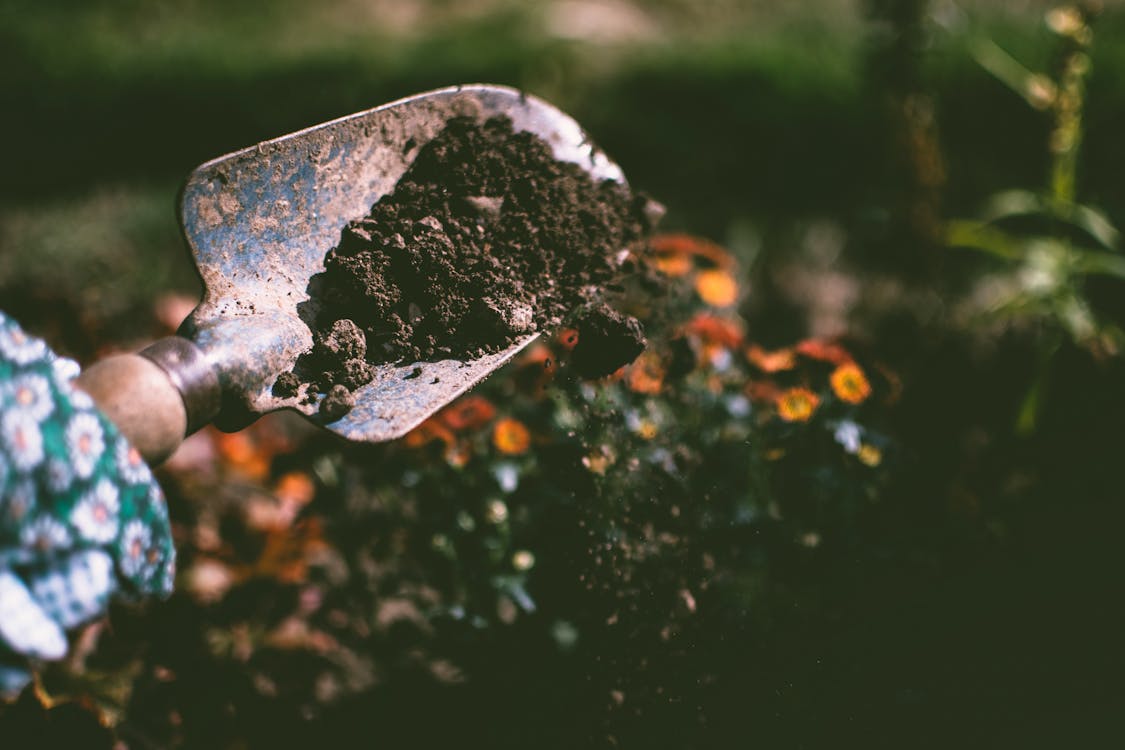
6.Fertilize-
It takes years to build up good soil, so in the meantime, while we’re starting gardening, liquid fertilizers are extremely beneficial. My 2 favorites are sea minerals and fish fertilizer. They provide a broad spectrum of nutrients instead of just the N-P-K of most conventional fertilizers. They are used throughout the growing season, often once a month.
7. Care and maintenance-
Spend some time reading up on the various crops that interest you and find the ones that require the least care and maintenance. these should be your first crops.
There is a lot more to a guide to organic gardening, but if you follow these preliminary steps you will be off to a great start.

